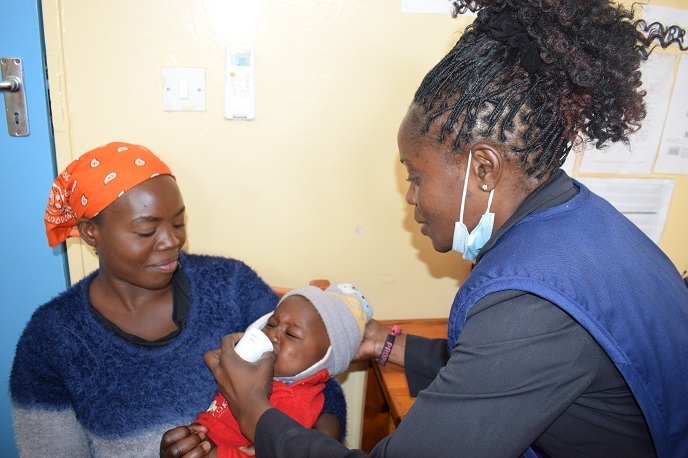The first oral vaccine against diarrhoea
Enterotoxigenic Escherichia coli (ETEC) bacteria cause diarrhoea by ingestion of contaminated food or water. They colonise the small intestine and excrete toxins that induce fluid accumulation into the intestine, causing diarrhoea. Currently, there is no approved method for preventing ETEC-associated diarrhoea, and the recommendation is to use off-label antibiotics, such as Rifaximin, or the cholera vaccine Dukoral.
A vaccine against ETEC
To address this problem, the EU-funded ETVAX project developed the first oral vaccine in the world against ETEC-induced diarrhoea. “The ETVAX® vaccine consists of four different inactivated recombinant Escherichia coli strains expressing the most prevalent factors necessary for bacteria colonisation, as well as a toxoid for the LT toxin present in up to 60% of all ETEC isolates” explains Björn Sjöstrand, ETVAX coordinator and CEO of Scandinavian Biopharma. The vaccine also includes the double-mutated enterotoxin of Escherichia coli dmLT as a mucosal adjuvant. The vaccine is in late phase development. Six clinical studies for the adult indication and one clinical study for the paediatric indication have been successfully completed. The vaccine demonstrated an excellent safety and immunogenic profile in paediatric populations of studies conducted in Bangladesh and Zambia. Two doses of ETVAX® were sufficient to mount significant mucosal immunoglobulin A immune responses against all vaccine antigens in all age groups, exceeding expectations. Interestingly, immune responses correlated with age, with the strongest and most pronounced response against all antigens being observed in adults and moderately decreasing by age. Further, the dmLT adjuvant enhanced the magnitude, breadth and kinetics of immune responses in infants, indicating its potential to drive early onset of immunity. After receiving funding from the European & Developing Countries Clinical Trials Partnership, Scandinavian Biopharma initiated trials in Zambia and Gambia with so far promising results. “The outcome of these paediatric trials will pave the way for the pivotal Phase 3 trial which will lead to the pre-qualification of ETVAX® by the World Health Organization,” emphasises Sjöstrand. Furthermore, promising results were obtained in a randomised, placebo-controlled trial of ETVAX® in over 720 Finnish adult travellers in West Africa. Although the protective efficacy goal of 70 % against TD was not achieved, good vaccine immunogenicity was observed, as well as broad protective efficacy against all ETEC and bacterial co pathogens and parasites. As a result, participants had milder enteric illness and required fewer antibiotics. The vaccine offered broad significant protective efficacy against all ETEC, bacterial co-pathogens and parasites as well as against more severe travellers’ diarrhoea (TD). As a result, participants had milder enteric illness and required less antibiotics.
Health impact
ETEC is a major cause of diarrhoeal disease in children in ETEC endemic countries, leading to approximately 400 000 deaths in children below 5 years of age every year. According to Sjöstrand: “ETVAX® will address a significant unmet medical need for the efficacious and durable prevention of bacterial diarrhoea in children living in developing countries.” It is estimated that the vaccine alone ultimately has the potential to save thousands of lives and reduce morbidity leading to poor physical and cognitive development among infants. Considering the safety data seen in children from 6 months of age, ETVAX® stands out from other vaccine candidates that are under development against ETEC-induced diarrhoea. With respect to TD, a vaccine against ETEC would prevent the loss of millions of well-deserved holiday trips and negative long term gastrointestinal syndromes.
Keywords
ETVAX, vaccine, ETEC, diarrhoea, children, TD, oral vaccine, dmLT, enterotoxigenic Escherichia coli, travellers’ diarrhoea







